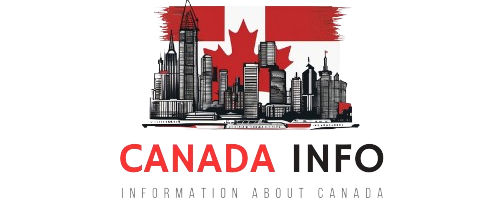Legal and Political Developments in Tax Insurance in Canada
Understanding Taxes, Minimum Wage, and Governance in Canada
Canada is renowned for its high standard of living, diverse culture, and robust economy. However, to sustain these amenities, the country relies on a complex taxation system, labor regulations, and a unique governance structure. In this article, we delve into the intricacies of taxes, minimum wage laws, and Canada’s governance.
What are Taxes in Canada?
Taxes in Canada serve as a crucial source of revenue for funding public services such as healthcare, education, infrastructure, and social welfare programs. There are various types of taxes imposed at different levels of government, including federal, provincial, and municipal.
Canadian taxpayers typically encounter the following types of taxes:
Income Tax: Individuals and corporations are required to pay income tax on their earnings. Canada employs a progressive tax system, where higher income earners are subject to higher tax rates.
Goods and Services Tax (GST)/Harmonized Sales Tax (HST): These are consumption taxes levied on most goods and services sold in Canada. The GST is a federal tax, while the HST combines the GST with provincial sales tax in participating provinces.
Property Tax: Property owners are obligated to pay taxes based on the assessed value of their properties. These taxes fund local government services.Excise
Duties: Applied to specific goods such as alcohol, tobacco, and fuel, excise duties generate revenue while discouraging consumption.
How are Taxes Calculated in Canada?
The calculation of taxes in Canada depends on various factors, including income level, marital status, and deductions. Individuals file tax returns annually, typically by April 30th, where they report their income, deductions, and credits. The Canada Revenue Agency (CRA) administers and enforces tax laws at the federal level, while provincial tax agencies oversee taxation within their jurisdictions.
What is the Minimum Wage in Canada?

The minimum wage in Canada varies by province and territory, with each setting its own rate. As of 2022, the minimum wage ranged from $15 CAD per hour in Alberta and British Columbia to $12.50 CAD per hour in New Brunswick. These rates are periodically reviewed and adjusted to ensure fair compensation for workers.
Governance in Canada: Monarchy and Independence
Canada is a parliamentary democracy and a constitutional monarchy, with the British monarch serving as the ceremonial head of state. However, the country operates independently and exercises its sovereignty through its elected government and legislative bodies.
Is Canada Affiliated with Britain or America?
Canada’s history is closely intertwined with both Britain and America. Initially a British colony, Canada gained independence gradually, culminating in the patriation of its constitution in 1982. While Canada maintains strong cultural and economic ties with Britain, particularly through the Commonwealth, it is a sovereign nation with its own government and policies.
Who Owns Canada?
Canada is not owned by any individual or entity. It is a sovereign state with its own government, laws, and institutions. The citizens of Canada collectively own and govern the country through democratic processes.
In conclusion, understanding taxes, minimum wage laws, and governance in Canada is essential for residents and businesses alike. By comprehending these aspects, individuals can fulfill their tax obligations, advocate for fair labor practices, and participate in shaping the nation’s future.

